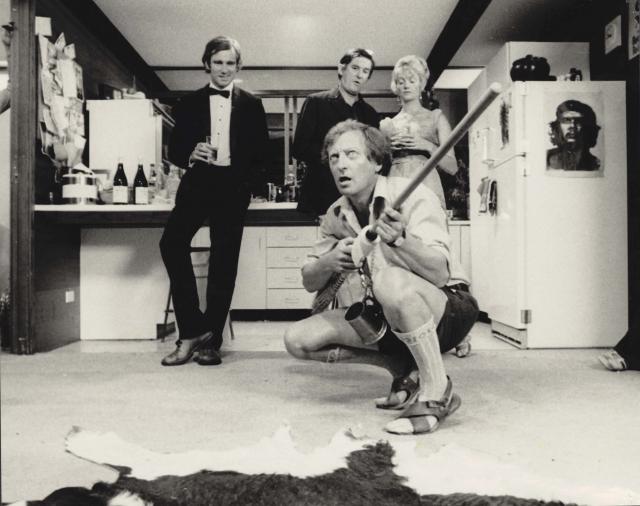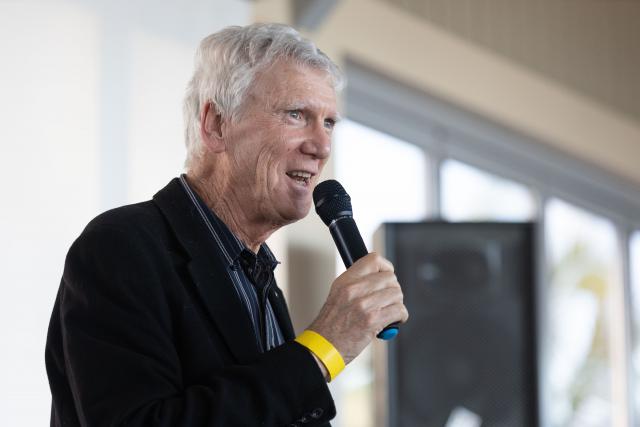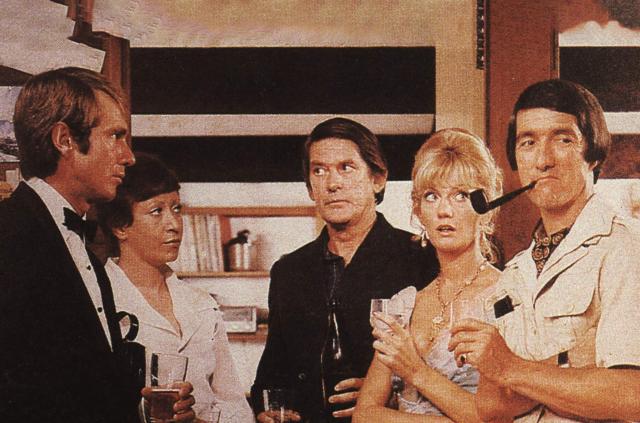Since Labor leader Anthony Albanese stumbled on the field and almost kicked an own goal just hours into a six-week election campaign, what had looked in the polls like a decisive win for Labor suddenly looked more like defeat clutched from the jaws of victory.
People started making comparisons with the Don’s Party election of 1969, when incumbent war hero and populist prime minister John Gorton almost lost to the sharp and younger Labor lawyer Gough Whitlam. Later immortalised in a ground-breaking play that established the career of our own David Williamson, the 1976 film of Don’s Party, directed by Bruce Beresford with an all-star cast, remains an icon of our film industry, alongside The Castle.
Some of the comparisons were obvious, others less so.
In 1969, Whitlam was expected to roll the gaffe-prone and womanising Gorton, ending decades of conservative government.
In 2022, rough around the edges Albo was expected to demolish smooth-talking Scotty from marketing who wouldn’t hold a hose, ending a decade of conservative but revolving-door leadership.
As the ’60s ended, the global explosion of youth culture and sexual revolution had landed in Australia while our tired conservatives were sending young men to fight someone else’s war that didn’t seem to make much sense.
In 2022, a global pandemic and the most hostile geopolitical outlook since World War II fed the appetite for change, alongside zero wage growth and the impossibility of home ownership.
Williamson’s brilliant play depicts the demise of a suburban election night party as it becomes clear that change she ain’t a-comin’. Dreams shattered, Don and his mates slide into drunken debauchery.
Given the advanced demographic and the fact that pre-polling almost guarantees we won’t know the result for several days, the same is unlikely to happen here tomorrow night.
But it might.








